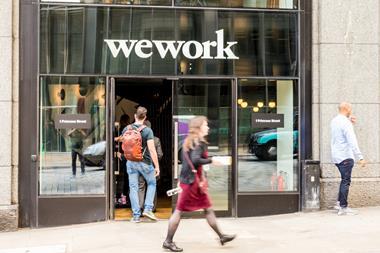The government announced in the Budget that corporation tax is set to rise. While this won’t happen until April 2023, the increase from 19% to 25% is certainly not insignificant for businesses operating in the property sector.
For buy-to-let company portfolios where profits are in excess of £250,000, is there anything that can realistically be done to dilute the effect of the tax rise?
There are a number of possibilities available for landlords, the first of which is disposing of their portfolio. A share transfer is more tax-efficient than an asset transfer from the buyer’s perspective. There may be a chargeable gain incurred by the seller for corporation tax purposes, so this will need to be accounted for. As the stamp duty land tax holiday is due to end on 30 June, this may create time pressure to complete a sale as acquisitions becomes less attractive to a buyer of the asset after that date.
Another prospect is for landlords to create a company group structure with different property-owning entities, which can mitigate the effects of the tax rise. It may be possible to split a portfolio by transferring part of it into a newly created subsidiary to bring the profit for each company into the 19% tax rate. This would, however, add to the administrative burden of managing the portfolio.
For smaller businesses, transferring the assets into personal ownership could be an option. However, the advantages of a portfolio in a company are still significant as the tax rate is lower than the personal taxation rate.
Diversifying one’s portfolio may also provide benefits in alleviating the tax hike effects. There may be the possibility of converting an existing portfolio or part of it into HMOs, for example in order to generate higher rental yields, which may mitigate the tax increase.
Any of the above will involve legal and other professional costs. In each case, specific advice does need to be taken. There is always a balancing act between any increase in costs incurred by standing still versus the costs involved with change, and whether those outweigh the advantage of change.
Paul Butterworth is partner at Ashfords





























No comments yet